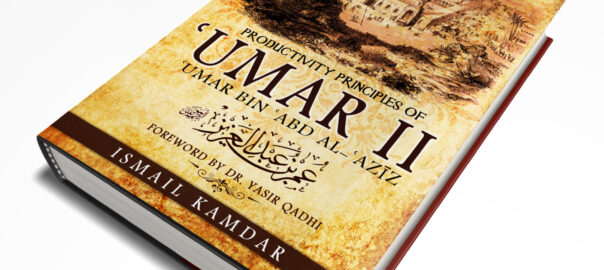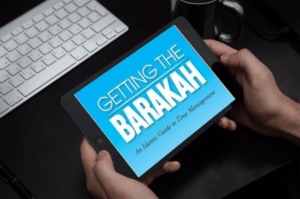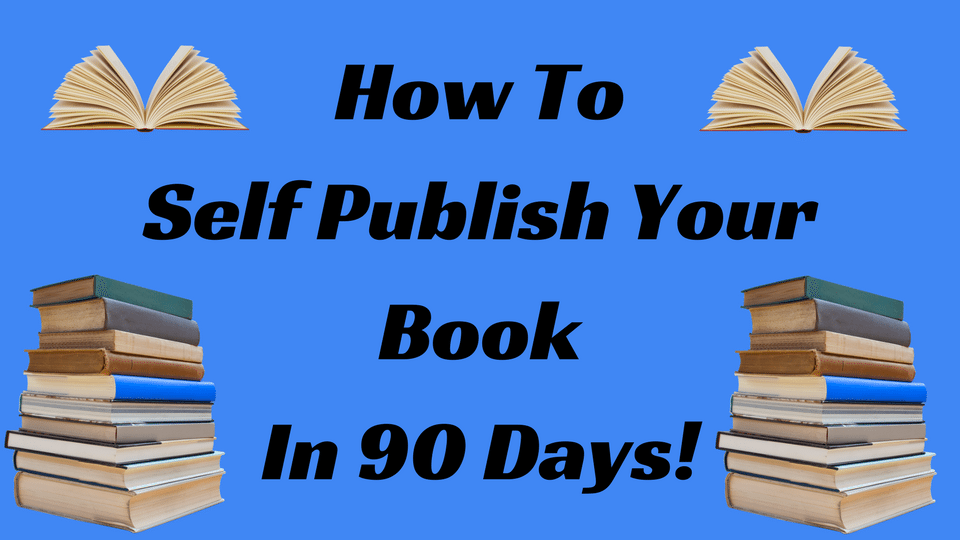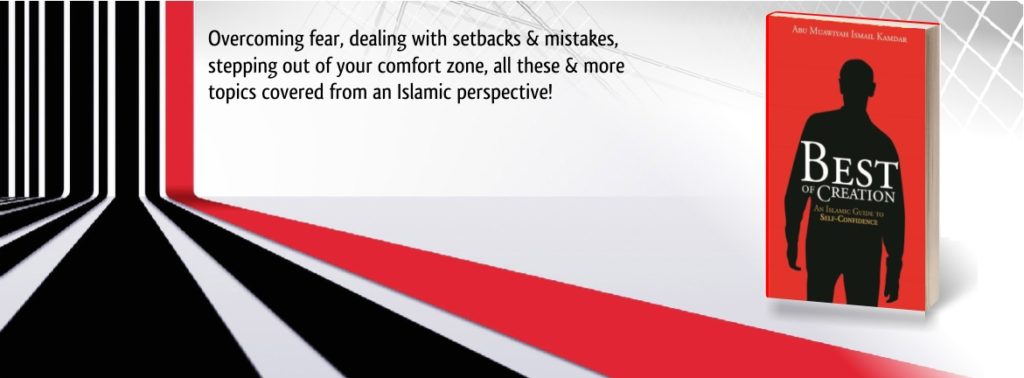The abundance mentality is the philosophy that there is enough in this world for everybody, and that we can all prosper together. It is the opposite of the scarcity mentality which pervades capitalistic societies. The scarcity mentality is the belief that there are limited resources in the world, and there isn’t enough for everybody.
The Abundance Mentality Defined
In The 7 Habits of Highly Effective People, Stephen Covey explains clearly the difference between the scarcity mentality and the abundance mentality. He describes the Scarcity Mentality as follows:
Most people are deeply scripted in what I call the Scarcity Mentality. They see life as having only so much, as though there were only one pie out there. And if someone were to get a big piece of the pie, it would mean less for everybody else. The Scarcity Mentality is the zero-sum paradigm of life. People with a Scarcity Mentality have a very difficult time sharing recognition and credit, power or profit—even with those who help in the production. They also have a hard time being genuinely happy for the success of other people.
Covey, The 7 Habits of Highly Effective People, p. 219
He describes the Abundance mentality as follows:
The Abundance Mentality, on the other hand, flows out of a deep inner sense of personal worth or security. It is the paradigm that there is plenty out there and enough to spare for everybody. It results in the sharing of prestige, recognition, profits, and decision-making. It opens possibilities, options, alternatives, and creativity.
Covey, The 7 Habits of Highly Effective People, pp. 219-220
Stephen Covey explained the harms of the scarcity mentality as follows:
People with a Scarcity Mentality have a very difficult time sharing recognition and credit, power or profit…They also have a hard time being genuinely happy for the success of other people. Even, and sometimes, especially, members of their own family or close friends and associates. It’s almost as if something is being taken from them when someone else receives special recognition…
Covey, The 7 Habits of Highly Effective People, p. 219
God’s Limitless Treasures
The abundance mentality for Muslims is an even deeper issue, it is a matter of theology. Muslims believe that God created the entire universe, provides for all His creation, and that God’s treasures are limitless. Based on these beliefs, a scarcity mentality can lead to defects in one’s understanding of God and His infinite treasures.
The scarcity mentality is based on false notions about this world and God. These false notions lead to a problematic understanding of resources and how they are divided. In reality, there is enough food, wealth, and everything else for all of humanity to live comfortably. Unfortunately, this wealth is concentrated in the hands of a few elite capitalist leaders.
Yet, if it were distributed fairly, world poverty would not exist. This balance and fair distribution actually occurred in ʿUmar bin ʿAbd al-ʿAzīz’s kingdom during his reign. ʿUmar’s economic reforms, as well as his emphasis on the collection and fair distribution of the Zakat, led to a strong economy. The economy grew so strong under ʿUmar II that there reached a point in which people had difficulty locating eligible Zakat recipients.
In a truly Islamic environment, it is common to find most people engaging in acts of charity well above the minimum. They do so regardless of their economic status and without fear of poverty. This is because Islam cements the abundance mentality into the minds of its believers.
Islam teaches us that God’s treasures are limitless, and even if every creature asked God for whatever they wanted and He gave it to them, it would not decrease His treasures in the least.
Muslims also believe that charity increases wealth and causes Baraka (spiritual blessings) in one’s wealth. With such deep-rooted spiritual beliefs, it is clear why Muslims who understand their religion are often among the most charitable people in the world, without any anxiety about poverty.
Tapping into the Abundance Mindset
The abundance mindset is easily espoused when a person has the correct understanding of God and His Attributes. One of Allah’s Beautiful Names is al-Ghani which translates as “The Independent” or “The Richest” or “The One whose treasures are limitless”.
Based on this belief, Muslims have a firm conviction that there are enough resources on earth for everybody, and the apparent shortage or deficiency is simply a matter of flawed access and distribution. This is why a Muslim trader would not feel threatened if someone purchased an item from a neighboring store. He simply sees it as that person receiving his share of sustenance from God whose own treasures are limitless.
In Islamic theology, the scarcity mindset is considered one of the tricks of the devil. God states in the Quran, “Satan threatens you with poverty and orders you to immorality, while Allah promises you forgiveness from Him and abundance. And Allah is All-Encompassing and All-Knowing.” (Quran 2:268)
In the above verse, the scarcity mentality is listed as a trick of the devil that leads to immorality–much like how Umar’s cousins had him poisoned out of fear of loss of wealth. The scarcity mentality causes jealousy, hatred, anger, pettiness, miserliness, and is sometimes the rod prodding one to commit violence and murder. Therefore, the scarcity mentality is condemned in Islam as a trick of the devil.
This same verse also highlights the abundance mentality as a gift from God. The verse mentions God’s name al-Wāsi (The All-Encompassing) which means that God’s treasures are limitless and abundant. It also means that everything belongs to God and He is the one who distributes his treasures among His Creation. It also means that God’s generosity is limitless. All these meanings engrave in the mind of the believer an abundance mentality. Furthermore, in this same verse, God promises abundance for His servants.
This verse shapes the believer’s mindset regarding wealth and sustenance. Ideas of poverty, competition, jealousy, and pettiness are all tricks of the devil to push us into evil actions. While obedience to God leads to abundance, maybe not in material wealth but in contentment, happiness, inner peace, Baraka, and good character. All of which are more important than material wealth.
When a person adopts an abundance mentality, worries about this world fall away. Without worry, a person is able to be more charitable, generous, caring, happy, and content. This leads to a higher quality of life and better mental health overall.
This article was adapted from chapter seven of my latest book Productivity Principles of Umar II. The book is available at Amazon and Gumroad. (CLICK HERE to get the ebook from Gumroad at a discounted price – limited availability)







